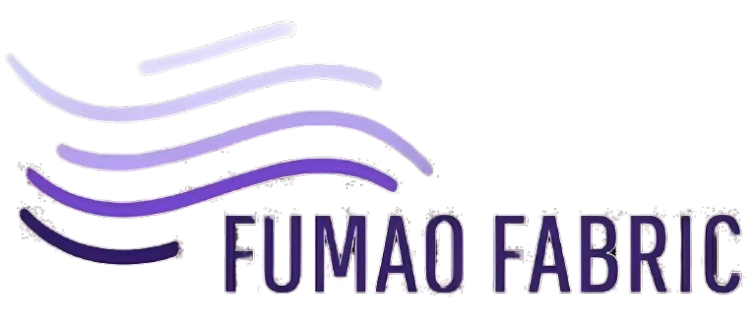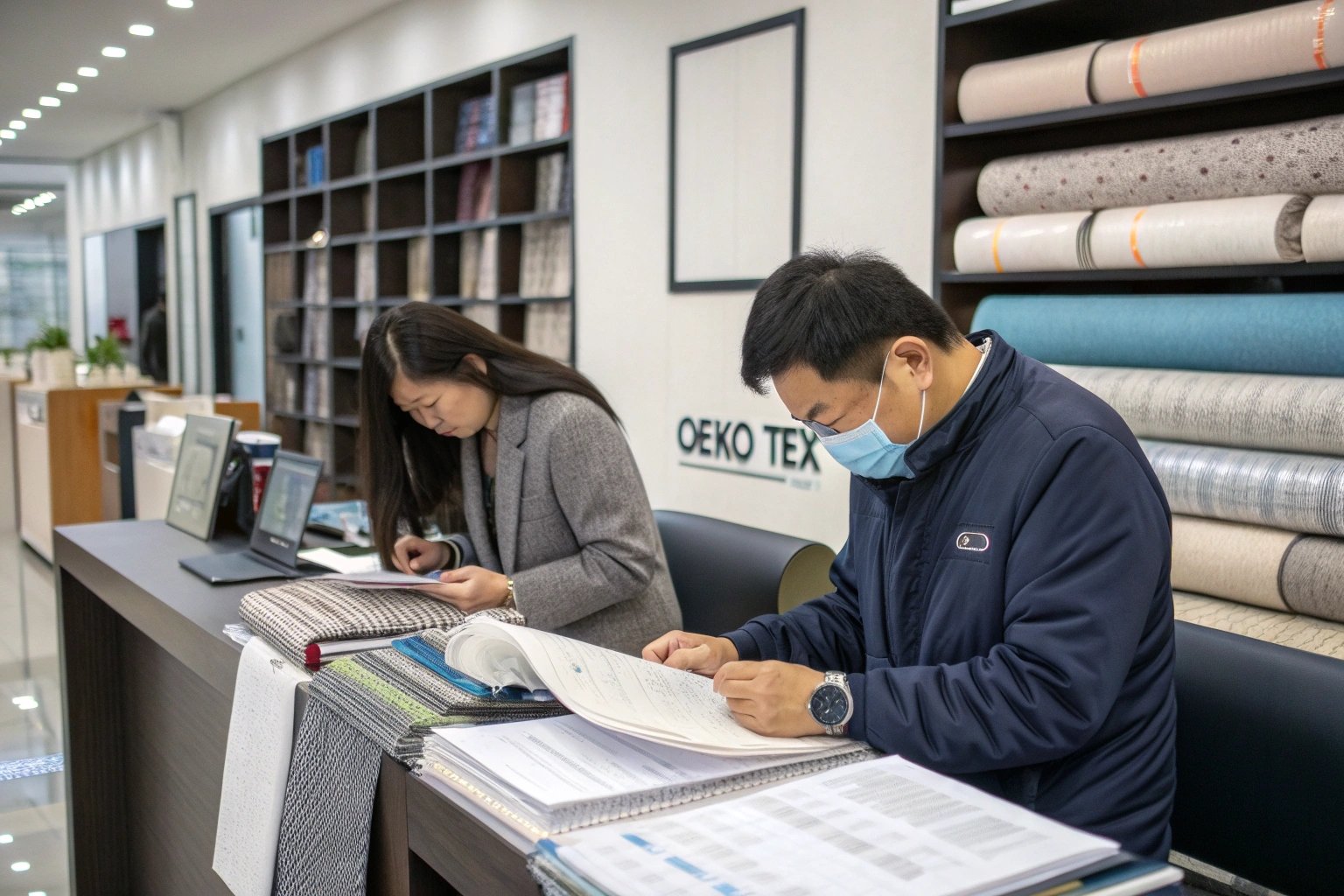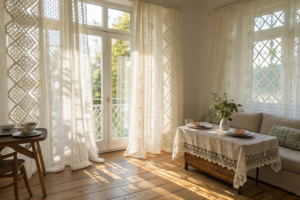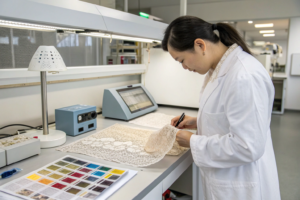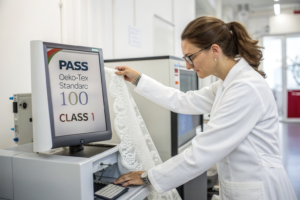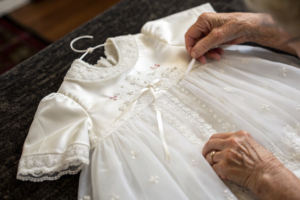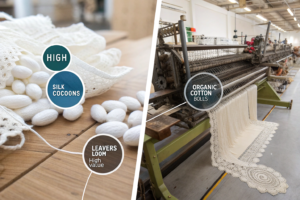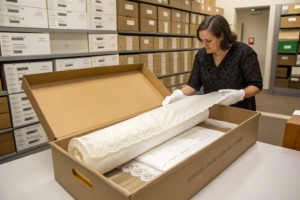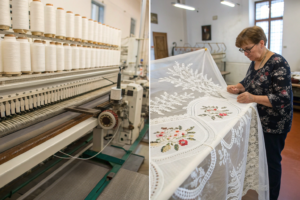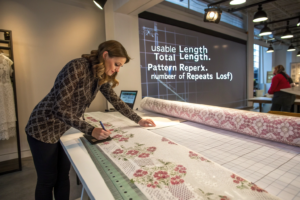Interlining may not be the most visible component in a garment, but it plays a crucial role in structure, durability, and final appearance. For sourcing professionals like Ron in the U.S., quality and certification are paramount, especially when it comes to sensitive items like children’s apparel or workwear requiring compliance documentation.
The best way to source OEKO-TEX certified interlining fabric is to partner with audited suppliers that can provide traceability, valid STANDARD 100 by OEKO-TEX certificates, and flexible customization. Understanding the certification system and how it applies to interlinings ensures your product complies with global safety and sustainability benchmarks.
This guide will help you identify the key criteria, sourcing channels, and verification tips needed to confidently buy certified interlining from reliable fabric manufacturers.
What Is OEKO-TEX Certification and Why Does It Matter?
The OEKO-TEX® Standard 100 label is one of the world’s most trusted certifications for textile safety. It tests every component of a fabric—including threads, buttons, and coatings—for harmful substances.
For interlining, this certification guarantees that the adhesive resin, base fabric, and finishing agents meet human ecological requirements—even for babywear.
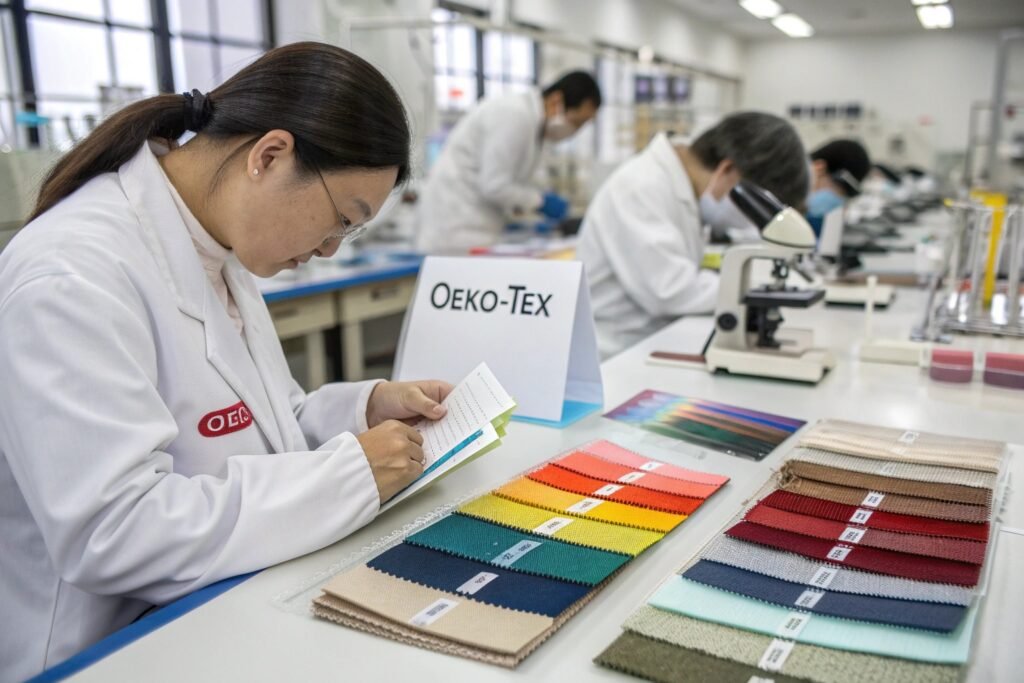
What Does the OEKO-TEX Standard 100 Test For?
OEKO-TEX certification evaluates more than 100 regulated and non-regulated substances. These include azo dyes, formaldehyde, nickel, phthalates, and other carcinogens or allergens. You can find a full list on the OEKO-TEX official website.
Interlining fabrics used in collars, waistbands, and cuffs undergo intensive testing if labeled as Class I or II products (baby or direct-skin contact). Our testing partner SGS assists in verifying compliance annually.
Why Is OEKO-TEX Important for Export-Oriented Apparel?
Major retailers in the EU and U.S. now require OEKO-TEX compliance even if it's not mandated by law. Retailers like C&A and Zalando promote safety through transparent labeling. As a result, interlining suppliers who fail to meet certification can lose access to large procurement orders.
Which Types of Interlining Fabrics Are Commonly Certified?
OEKO-TEX certification covers a wide range of interlining types, from basic fusibles used in dress shirts to specialized weft-insert or stretch interlining used in activewear.
Woven, nonwoven, knitted, and coated interlinings can all be OEKO-TEX certified, provided every chemical used in processing is traceable and tested.
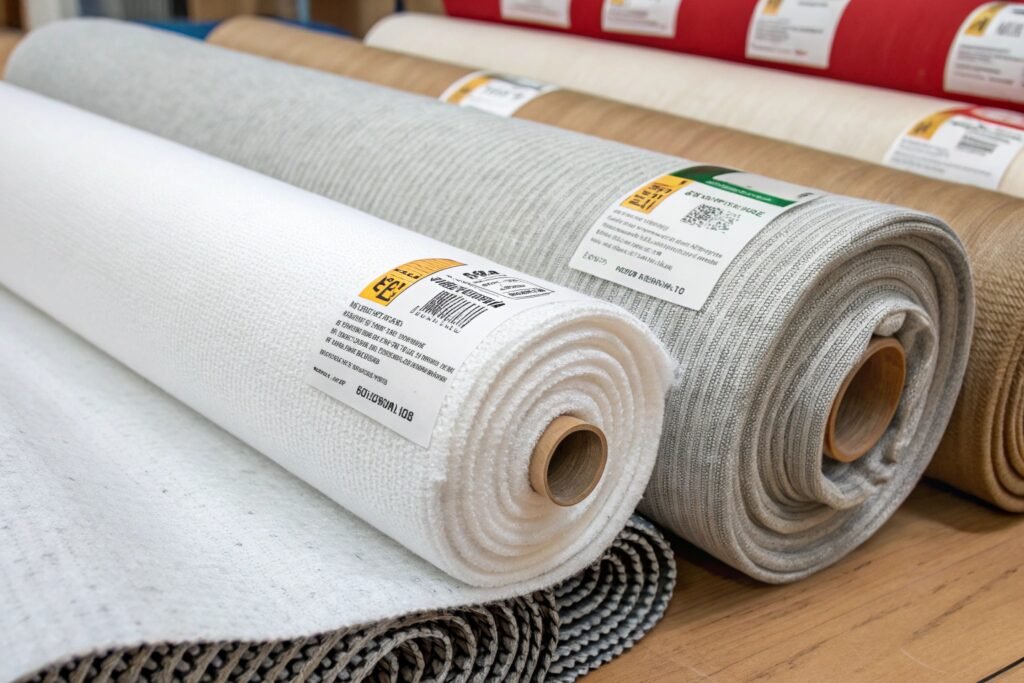
What Are the Most Popular Certified Interlining Types?
Here’s a brief breakdown of common types:
| Type | Common Use | Certification Note |
|---|---|---|
| Woven Fusible | Shirts, jackets | Resin adhesives must be certified |
| Nonwoven Fusible | Casualwear, home textiles | Often made of polyester or viscose |
| Knit Fusible | Stretchwear | Needs heat-stable spandex blend |
| Weft Insert | Waistbands, suits | Requires OEKO-TEX for both yarns and coatings |
You can explore compliant sources like Freudenberg Performance Materials or Chargeur Linings to see certified interlining portfolios.
Can Coated Interlinings Also Be Certified?
Yes. But care must be taken to ensure that coatings like polyurethane or polyethylene don’t contain restricted substances. At Fumao, our laminated interlinings go through double testing—once for base fabric and again after coating—using Hohenstein Institute certification bodies.
Where Can You Find Reliable OEKO-TEX Certified Suppliers?
Finding the right supplier goes beyond browsing catalogs. Verification and trust-building are essential. Whether you’re sourcing through Alibaba, visiting exhibitions, or using direct factory channels, insist on document validation.
Choose interlining manufacturers who are OEKO-TEX listed partners or can present a valid certificate with an authentication number you can cross-check online.
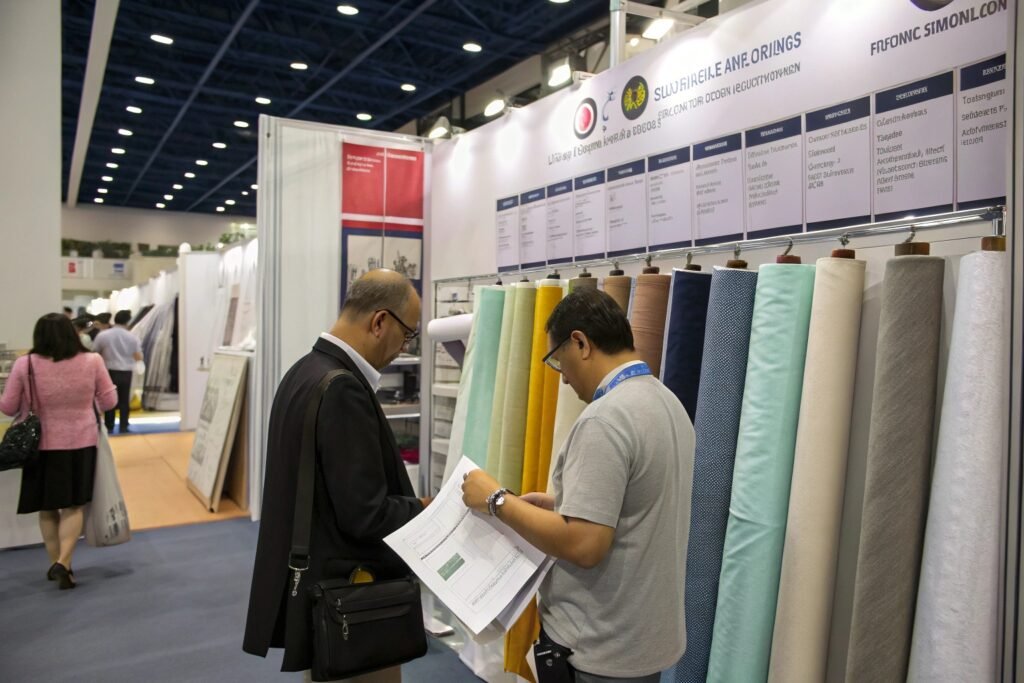
How Can You Verify a Supplier's OEKO-TEX Certificate?
Every certificate includes a number you can check on oeko-tex.com. You’ll see the company name, certified product scope, and expiration date. If it’s not listed, request a PDF copy with the QR code.
At Fumao Fabric, we always send a current certification with each custom interlining development. Buyers can also confirm lab test compatibility using resources like Intertek or TUV Rheinland.
What Events Help You Meet Certified Fabric Suppliers?
Events like Intertextile Shanghai and Première Vision Paris host hundreds of OEKO-TEX certified vendors. If travel is limited, platforms like Fibre2Fashion and Textradeshow offer virtual supplier vetting.
What Other Compliance Standards Pair Well with OEKO-TEX?
While OEKO-TEX ensures chemical safety, buyers often combine it with sustainability or traceability certifications depending on the garment's end market.
GRS (Global Recycled Standard), GOTS (organic), and BCI (Better Cotton Initiative) are frequently paired with OEKO-TEX to cover social and environmental governance.
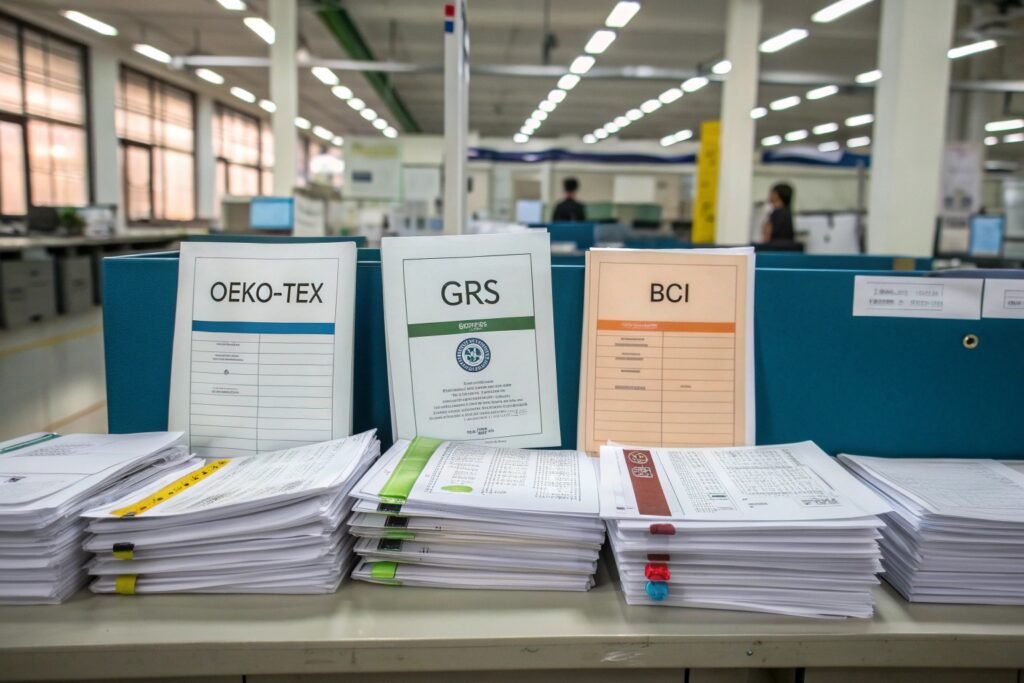
Why Combine OEKO-TEX with GRS or GOTS?
If your interlining uses recycled PET fibers, it must pass both GRS and OEKO-TEX standards to meet circular fashion requirements. Our Fumao recycled interlinings are fully GRS tracked, from yarn spinning to adhesive resin usage.
Visit Textile Exchange for a list of certified facilities. Also, our dyeing partners are ISO 14001 compliant, supporting integrated sustainability.
Do Retailers Demand Multi-Level Compliance?
Yes. European buyers especially require layered certifications to meet both legal and brand-level ESG policies. For instance, H&M Group requires OEKO-TEX and GOTS for basics and interlinings in babywear.
By sourcing from vertically integrated factories like ours—with in-house QC, traceable inventory, and verified testing—you reduce rework, delays, and reputation risk.
Conclusion
Sourcing OEKO-TEX certified interlining fabric is no longer a niche concern—it’s a competitive necessity. As global buyers become more vigilant about safety and sustainability, having certified components across your garment supply chain is vital. Whether you’re developing casualwear, uniforms, or luxury pieces, choose partners who can prove every step of the process. At Fumao Fabric, we’re not just compliant—we’re proactive. From lab verification to export logistics, our team ensures every meter of interlining you receive meets OEKO-TEX standards and more.
